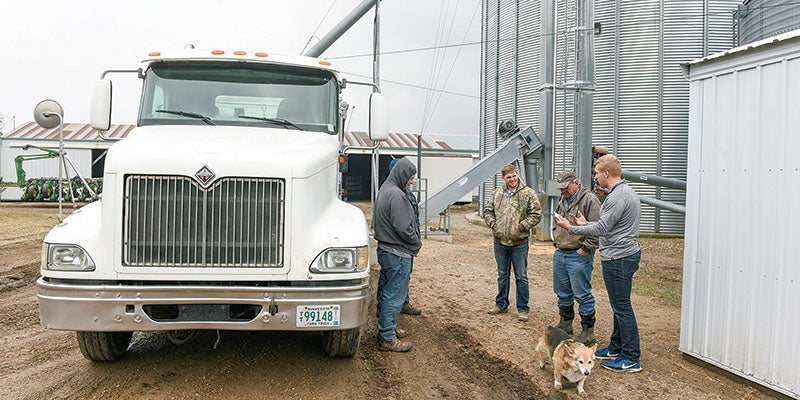Week to go, big decisions remain for lawmakers
Published 10:36 am Monday, May 12, 2014
ST. PAUL — Minnesota lawmakers face a shrinking pile of unfinished business as they sprint this week toward the end of the legislative session and the campaign season just beyond.
Some big votes still await: a construction finance package, more tax relief, medical marijuana and some new spending on priority programs. Other big pending items would rein in the state lottery, impose regulations on electronic cigarettes and ban tanning bed use by minors.
Lawmakers have seven days left to pass legislation. Many hope they’ll need fewer.
“We’re in pretty good shape to adjourn the session early,” said Senate Majority Leader Tom Bakk, DFL-Cook.
Key lawmakers from both parties have been huddling privately to try to find agreement on an $846 million construction borrowing plan. If they succeed, it could breeze off both floors. If they don’t, it could add days and political pain to a bill that requires Democratic and Republican votes to pass.
“The desire is there to find an agreement if we can get the clinkers out,” said Senate Capital Investment Committee Chairman LeRoy Stumpf, DFL-Plummer. “There’s a few big issues there.”
Top leaders are ready to intervene if talks bog down.
Senate Minority Leader David Hann, R-Eden Prairie, senses more difficulty wrapping up the bill making marijuana a legal medicine once House and Senate negotiations begin. The level of access to marijuana and qualifying conditions for use don’t line up in the two bills, and where legislators come down will have a bearing on whether Gov. Mark Dayton signs a bill.
“It is going to be maybe the hardest thing to get done. They do have major differences between the two bills. There is a lot of passion on both sides. We are running out of time,” Hann said.
The tax legislation is in for a smoother ride. That’s because lawmakers are ready to cut taxes for property owners, renters and farmers and relax rules on sales taxes collected by businesses. Unanimous votes are a strong possibility.
Work remains on a spending plan that could mean slight per-pupil aid bumps for schools, money to expand broadband Internet access and raises for care attendants for the disabled and elderly.
No matter how the last-week push shapes up, the themes for the fall campaign are largely set.
“The only thing that could happen to change that is if the DFL were to fall on our face completely and fail to pass some significant legislation still on the table, which isn’t going to happen,” said Rep. Ryan Winkler, DFL-Golden Valley.
Senators aren’t up for re-election in November, but everyone else at the Capitol is — all 134 House seats and the governor.
Republicans want voters to hear about last year’s tax hikes to feed spending that they warn will push the state onto the rocks, as well as Minnesota’s complications in launching a health insurance exchange. Rep. Matt Dean, R-Dellwood, said he also thinks voters will punish Democrats for authorizing a new Senate office building.
“It just emphasizes that there is such a disconnect between the folks running the place and where the state is at,” Dean said.
Democrats will tout a reinvigorated economy, an increased minimum wage and a new commitment to bedrock state investments like schools and the social service safety net.
“We need to remind people that if their college tuition hasn’t gone up, if they’re looking forward to a wage increase, if they see the conditions in their kids’ school are getting better, if they can go to kindergarten all day for free — that it was a decision and political choice they made in electing us,” Winkler said.





